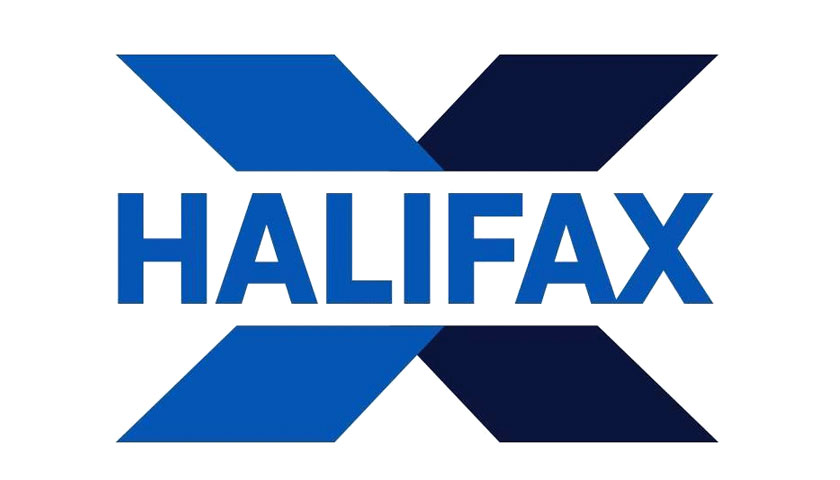Just under a fifth (17%) of people making home improvements are trying to make their home ‘greener’, although one in 20 don’t know where to start, despite being keen to become more sustainable, according to research of over 4,600 people by Halifax.
Overall, six in 10 (60%) people making home updates are keeping the environment in mind in some way, while just under a tenth (8%) are uninterested in making their home more sustainable at present.
| Thinking about environmental considerations when making home improvements – which, if any, of the following are you doing or considering? |
|
|---|---|
|
I would like to make my home ‘greener’, but I can’t at the moment
|
22%
|
|
I am actively trying to make my home ‘greener’ and more energy efficient
|
17%
|
|
I aim to take the environment into account, but it’s not an explicit consideration
|
17%
|
|
I am not interested in making my home ‘greener’
|
8%
|
|
I would like to make my home greener but I don’t know how
|
5%
|
For over a fifth of people (22%) already making home improvements, energy efficiency is the driving force behind these:
Kim Kinnaird, Halifax Mortgages Director, said: “Improving the energy efficiency of your home can help reduce your bills and, as we head into colder months, keep you warmer. So, if you’re embarking on home improvements, it’s well worth making sure you’re thinking ‘green’ at the same time – even small changes can add up. Draft exclusion, better underlay, loft insulation, and double glazing can be done relatively easily with an immediate impact on your home and your bills. Ground and air source heat pumps, or solar panels, are more expensive options that can bring real financial and environmental benefits over the long term.”
The cost of installing loft insulation can vary. Prices are estimated to be between c.£450 and £640*, depending on the size and type of property, with mid-terraces typically slighter cheaper and detached bungalows coming in as most expensive.
The annual saving on energy bills however, can be between £330 and £590*, meaning the investment may pay off in a relatively short amount of time.
Structural sadness
Homeowners should be wary of problems that lead to energy inefficiency, as they could create problems in the future, should they decide to sell. Over half of people (56%) would only buy a home that needed little, or no, work. Structural problems – like cracks, subsidence or major damp and mould – were the most off-putting potential problems if house hunting, with 70% of people saying it would put them off buying a home.
|
Which of the following home improvements would put you off buying a home?
|
|
|
Major structural work – cracks, mould, subsidence, damp |
70%
|
|
Roofing problems
|
50%
|
|
Re-wiring
|
44%
|
|
Having to remove a swimming pool
|
39%
|
|
Needing to add an extension
|
37%
|
|
General re-modelling
|
33%
|
|
Replacing an old conservatory
|
30%
|
|
Updating old bathrooms
|
23%
|
|
Converting the loft
|
20%
|
Kim said: “Energy efficiency is now a home must-have, with almost six in 10 people saying it’s essential. Our research also found that many people now believe they can’t go without a study space or open plan living, but top of the table is a good Wi-Fi connection.”
| The home must haves | |
|---|---|
|
A good Wi-Fi connection
|
62%
|
|
Energy efficient
|
58%
|
|
Study space
|
27%
|
|
Open plan living
|
23%
|
|
Pantry
|
13%
|
|
Loft conversion
|
11%
|
|
Wood burner
|
10%
|
|
Space for a home cinema
|
10%
|
|
Boiling water tap
|
9%
|
|
Home gym
|
7%
|
|
Dressing room
|
7%
|
Green goals
Halifax has seen steady interest in its range of sustainable home offers.
Since launching in 2020 Halifax’s Green Living Reward has paid £150,000 to eligible customers.
Over 11,000 customers have applied for Halifax’s ‘green mortgage’ in 2022 so far, which pays cashback on properties with an A or B Energy Performance Certificate (EPC).
Further, over 14,000 Halifax customers have used the bank’s Energy Saving Tool since summer 2020, creating plans to make homes greener. The tool asks a few questions about the home, then creates a personalised action plan, including estimated improvements to the property’s EPC and carbon emissions, as a result of making energy improvements.
Over 11,000 Halifax customers have also registered for the Green Living Reward, which pays up to £1000 cashback on qualifying sustainable improvements to the home, since November 2020.
